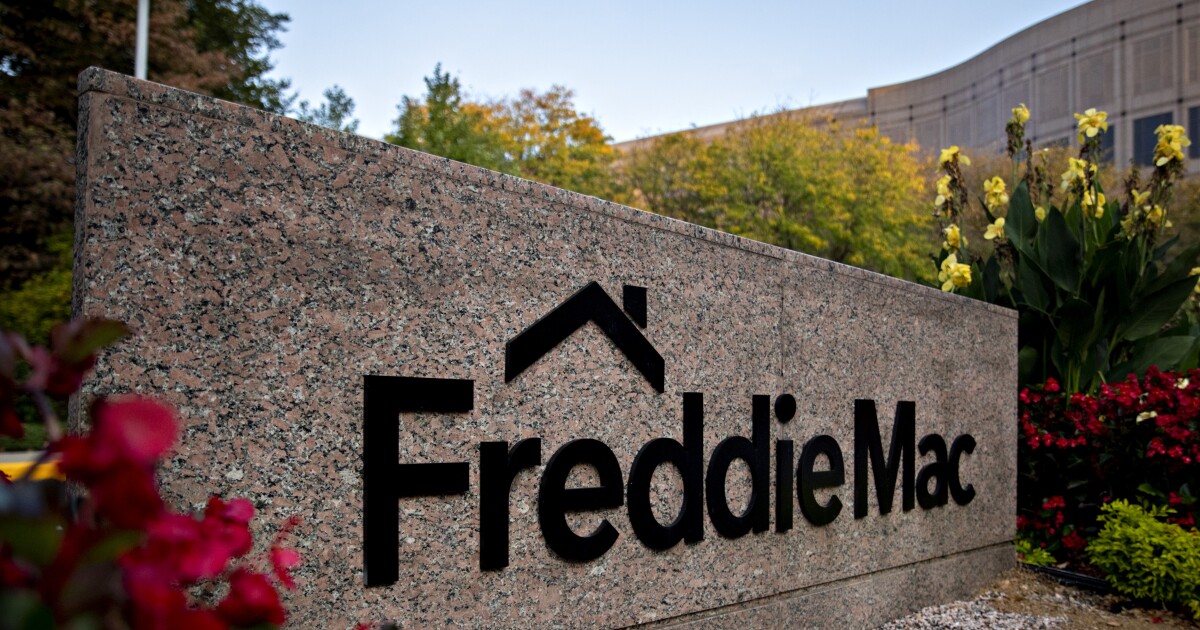
Freddie Mac is expanding its multifamily commercial mortgage-backed securities program by establishing a new CUSIP [Committee on Uniform Securities Identification Procedures] for municipal bond investors.
The program, established in 2017, gives investors the opportunity to invest in predominantly tax-exempt securities secured by loans on affordable housing properties receiving
With the new CUSIP identifier, investors in these securities can opt for either mortgage or municipal execution at the time of deal settlement. But they can subsequently exchange their certificates between either of those CUSIPs through a Freddie Mac approved broker dealer.
Thus it
"This new registration capability streamlines our product to both mortgage and municipal bond investors, which is important to meet market needs and deliver on Freddie Mac's mission to support affordability, liquidity and stability in the multifamily housing market," said Robert Koontz, senior vice president of multifamily capital markets at Freddie Mac, in a press release.
"We look forward to continuing to innovate and advance our offerings to respond to market changes while keeping a clear focus on our mission."
This new feature is expected to go live with transaction ML-27, which is expected to go to market the week of Dec. 9, with an issuance size of approximately $250 million and be designated as sustainability bonds.
The ML transactions will have two sets of structured pass-through certificates. One will be registered under Freddie Mac's corporate issuer 144A CUSIP identifier. The other will use the municipal issuer 144A CUSIP number.
CUSIP is an acronym for the Committee on Uniform Security Identification Procedures and the nine-digit identifiers have a similar purpose as stock tickers for transactions in that product, Investopedia said.
No matter the choice of execution, the underlying loan characteristics and structure are similar.
State and local governments are not directly obligated on the structured pass-throughs and do not issue the certificates, Freddie Mac said. So they do not qualify as municipal securities under the Securities Exchange Act of 1934 and Freddie Mac is not a municipal issuer.
As of September,
All the multifamily mortgages that are still active in the program are current, but 117 loans (26.22% of the outstanding principal) are on an MBS servicer's watchlist. So far five loans paid off at or prior to their maturity date.
Earlier this month, the Federal Housing Finance Agency announced
When it comes to LIHTC transactions, the



